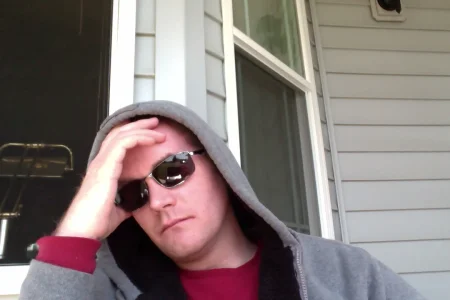Tin Man
"a respectable amount of screaming"
- MBTI
- INTJ
- Enneagram
- N
<!-- BEGIN TEMPLATE: dbtech_usertag_mention -->
@<a href="http://www.infjs.com/member.php?u=5667" target="_blank">Jacobi</a>
<!-- END TEMPLATE: dbtech_usertag_mention -->
I would have to say the answer for me is “No”.
But I can appreciate the quote and it did make me contemplate where “I” fits in with the “We” or more so the “is-ness”.
I do think that I have had some very unusual childhood and some adulthood experiences (*winkwink*), but those are hardly subjective just to me.
They are what originally sparked my interest in such things, but I don’t consider myself anymore lucky than being born with green eyes instead of brown.
So often the ones who think themselves different are the most uninteresting. I've come across quite a few people (many who were on this or the INTJ forum) who revel in their supposed uniqueness. Yet their thinking pattern was quite bland and predictable. That or they're moody teenagers who feels like nobody understands them. There are billions of people alive today, trillions that once lived. You might be slightly different, have enough uncommon experiences to give you a life that alternates from the norm. Still, it's likely there are many others with similar experiences and thoughts.
I don’t think I’m special…
Don't say that. You're special.
[video=youtube;-7Hy7uAb_eU]https://www.youtube.com/watch?v=-7Hy7uAb_eU[/video]






